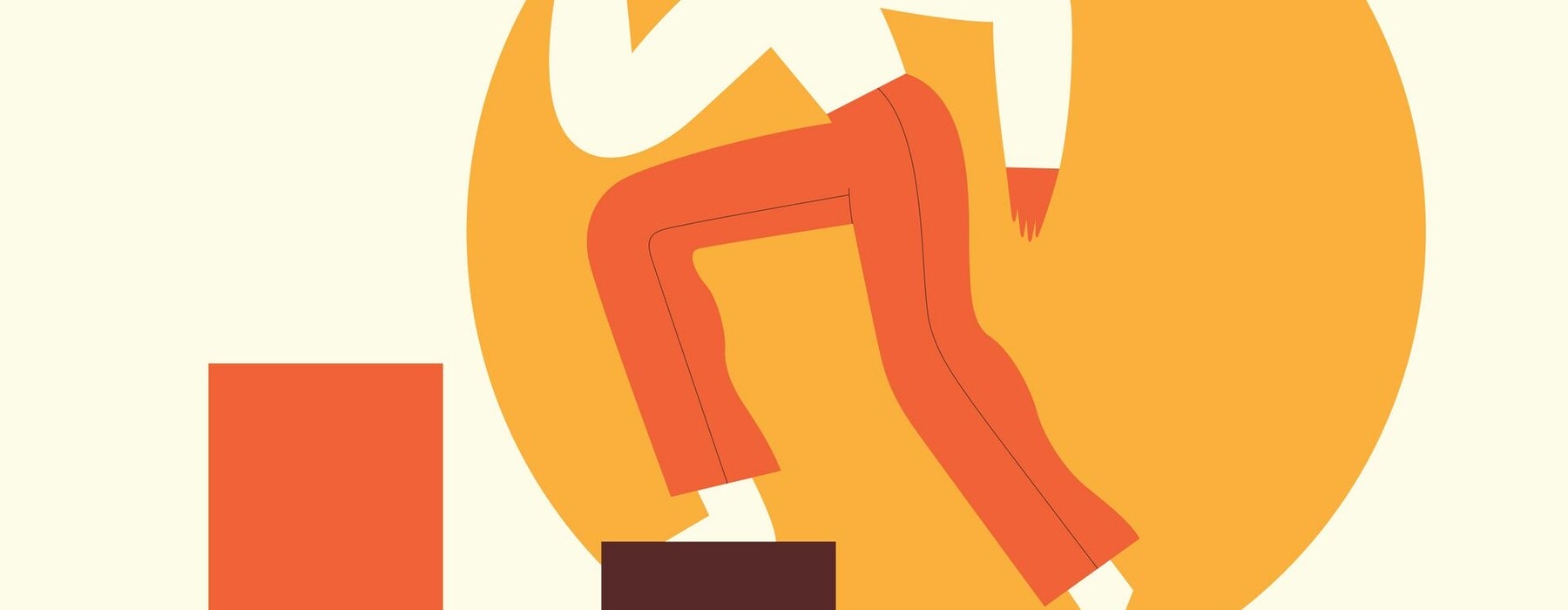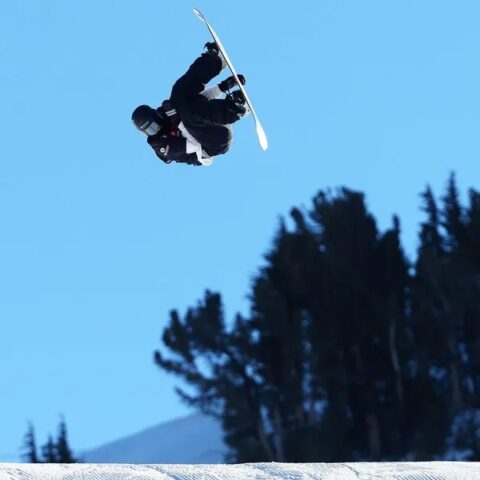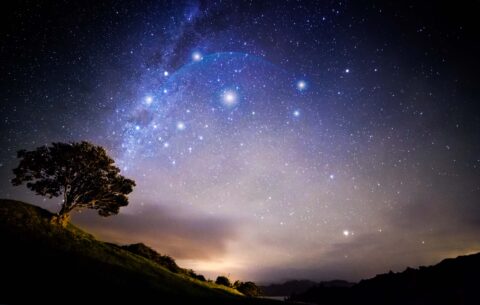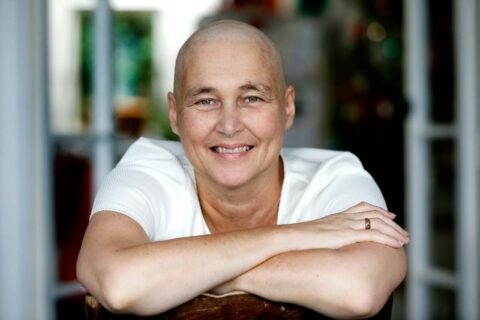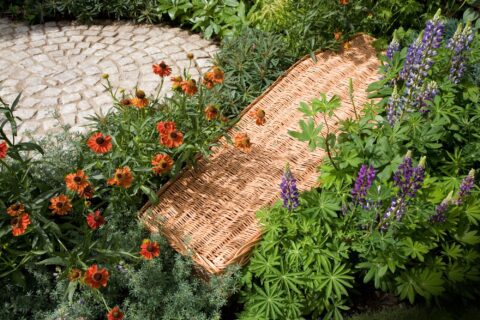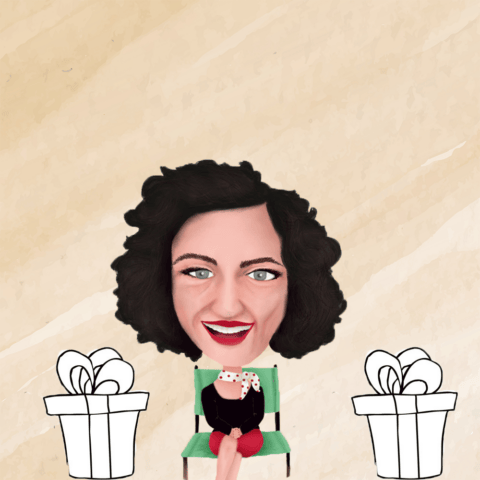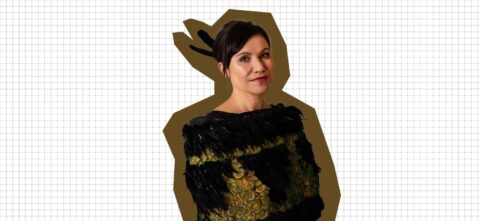Forget fairy tales and myths – the success of our women athletes in the Olympics proves that we’ve entered a new golden, silver and bronze age of owning our destiny.
It takes restraint not to gush over the feats of our women athletes at the Olympics. So many incredible stories of achievement. So many individual examples of winning against the odds, of achieving way beyond personal bests. Women who’ve spent thousands of hours honing their skills. Women who’ve found themselves competing against their heroes and mentors. Women who have no doubt endured intense pain and defeats that would crush the best of us, to make it to an Olympic event.
Our women who have broken records and stood on podiums for medals of every colour metal – and those who haven’t managed to bring home a medal – are the very essence of tangata whenua. They are wāhine toa, made up of all the history and resilience that makes Kiwi women “super women”.
Many of us grew up listening to the children’s stories on the ZB network in the 1960s, 70s and 80s. Along with Sparky and the Talking Train, Flick the Little Fire Engine and Badjelly the Witch was the popular tale of Diana and the Golden Apples. It’s the story of Diana, a little girl who grew up through fate and misfortune to become the fastest runner in Ancient Greece – and promised to marry any man who could beat her in a race. Along came Melanion, a soldier wounded in battle, and the boy she’d loved as an orphaned child in the country. He asked to race against her. Of course she could beat him – she was Diana. Only, a clever plan was hatched where Melanion would drop golden apples as they ran. As she sprinted, she would bend down to pick up the apples, and therefore he would win both the race and her hand in marriage. They would live happily ever after.
The story seemed romantic back in a time when women were meant to sacrifice everything for the love of a man, and it seemed noble and beautiful to lose everything in order to marry a handsome prince, or wounded soldier in this case. But what a strange message we girls were indoctrinated with through these types of children’s stories, not all that long ago.
Fortunately, times have changed, and collecting golden medals does not mean picking them up from men running ahead. Today our sporting heroes are not “Dianas”. They are real New Zealand super stars like Dame Valerie Adams, a mother of two toddlers, who came back to win bronze – her fourth Olympic Games medal – and is the epitome of strength, endurance, humility and grace.
Our Black Ferns – Golden Ferns. No one can argue that the skills our women’s rugby sevens team shows on the field are beyond compare. Coming from a traditional rugby family, I’ve watched hundreds of matches. So many days on the sidelines, in the stands and sitting in front of the TV. Internationally, rugby has always been a “man’s game”. It’s no secret that the concept of women playing rugby was once not only disapproved of, but scoffed at, and at the very least considered amusing – a slight tip of the hat to the crazy idea that “girls can do anything”.
Rugby is a hard game. Standing on the muddy sidelines, the intense physicality of bodies hitting the ground reverberates through the soles of your feet. Spectators wince as the players take the on- field blows. Our Ferns have trained and played and taken all the pain and injury that comes with being the best in the world.
Grace Prendergast and Kerri Gowler, our first gold medallists at this Olympics, not only won but reclaimed their world record. Anyone who has had a child that rows or paddles deserves a medal. Up in the small hours to train and compete. So many long trips with a boat tied to the roof of the car. So congratulations to the parents of our incredible rowing and paddling medallists: Grace, Kerri, their women’s eight teammates, Emma Twigg, Brooke Donoghue, Hannah Osborne, Caitlin Regal and, of course, Lisa Carrington. Parents, you raised and selflessly supported these young women, and because of Covid, had to celebrate from an ocean away.
To be in the presence of the sensational Lisa Carrington is like being in the presence of a small, smiling, strong, glowing, golden goddess. Hugging her is like hugging pure muscle. How many thousands of hours did she spend alone in a kayak? Team sport is one thing, but solo pursuit in any sport has got to be unbelievably lonely at times. How much mettle must anyone have to train and compete for years while life – school, family, friends, relationships – still goes on.
Not to take anything away from the glory that our men have achieved at this Olympic Games at all, but we must acknowledge that our fearless women have dominated the medals haul – let’s not forget cyclist Ellesse Andrews and golfer Lydia Ko – and provided so much joy for us watching from Aotearoa.
Always proud to be a Kiwi woman, I am beyond words to describe how all our Olympic women athletes have lifted the spirits of our nation. In a country where we were raised on Diana and the Golden Apples and similar stories, and were taught that “To win, young lady, you have to be twice as good as a man”, it is profoundly joyful (and just a little satisfying) to see our women achieving so much and leading our army of athletes from the front.
Congratulations to all our women who were so remarkable that they made it to the Olympics. That selection alone is something most of us can barely dream of achieving. Ngā mihi e ngā wāhine toa. And here’s to the parents, caregivers, coaches and supporters of our Kiwi wonder women.

